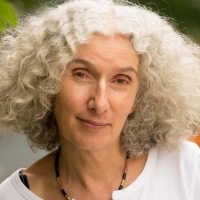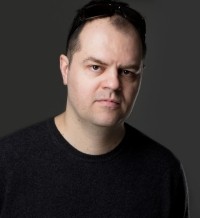Carla Barroso Da Costa
Département d'éducation et pédagogie, Université du Québec à Montréal
Dr. Barroso Da Costa’s research focuses on how teachers’ quality of life and psychological well-being are affected by the COVID-19 pandemic, as well as on evaluation, learning, and engagement in the classroom.

































































